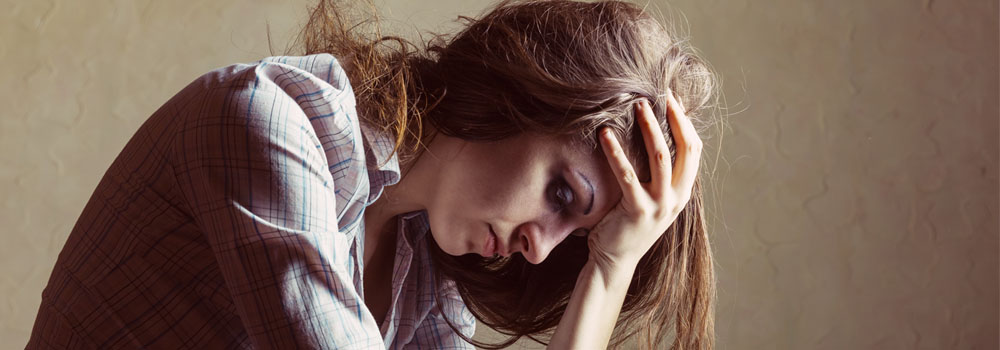Anxiety Addiction
Addiction and Clinical Anxiety
Generally, anxiety is defined as a feeling of dread or worry, linked to the anticipation of an unpleasant event in which the person has an interest or that the outcome is unknown. However, clinical anxiety is an addiction symptom and more intense. It is a form of mental illness in which the sufferer only experiences dread, worry or stress; they often become helpless when experiencing these symptoms.
Also, unlike the healthy and occasional anxiety, people feel when they are caught up in a stressful or frightful situation, anxiety disorders resulting from addiction are persistent and the related fear is usually unfounded. Mostly, it will disrupt a person’s social life, negatively affecting their relationships, work and social activities, as well as friendships.

Symptoms of Clinical Anxiety
The signs of clinical anxiety are broadly classified into two types: physical and psychological. Effective treatment requires a multidisciplinary approach. Some of the most common symptoms of drug-induced anxiety are:
- Unfounded fear
- Hypervigilance
- Restlessness
- Excessive worry
- Insomnia
- Stress
- Sweating
- Muscle tension
- Expecting the worst
- Inability to socialise, relax, or enjoy the company of others
- Rapid heartbeat
- Difficulty breathing
- Disorientation
- Sweating
- Hot flashes
- Headaches
- Nausea or vomiting
- Restlessness
- Fatigue
- Nausea
- Tremblin
Call our admissions line 24 hours a day to get help.
The Cycle of Drugs and Anxiety
Drugs and anxiety tend to have a cyclical relationship. People suffering from clinical anxiety are more inclined to use hard drugs or alcohol than those who don’t show signs of anxiety. However, as the symptoms worsen, they use more drugs or drink more alcohol to try to manage the symptoms, escape from reality, or to provide a sense of happiness.
However, rather than feeling better, the individual is trapped in a cycle of anxiety, addiction, and even more anxiety. The symptoms persist, so the sufferer tries to ‘cure’ the problem by abusing drugs or alcohol and in the process, develops an addiction. This happens because, while the substance user chases confidence and self-assurance via drug or alcohol use, chemical components in the substances interfere with normal brain functions.

Many signs of anxiety disorder are consistent with the symptoms of addiction. These symptoms may occur alongside other disorders such as depression, hallucinations and paranoia. It’s important to seek urgent clinical help to treat any potential mental health conditions that may result thereafter.
Common Causes and Treatment
A common cause of anxiety disorder is substance abuse of illicit drugs such as:
- Marijuana
- Cocaine
- Methamphetamine
- Stimulants
- Benzodiazepines
- Alcohol

When people consume these substances, they tend to trigger the psychological symptoms of anxiety, which in turn leads them to develop dependency. Subsequently, what follows is that person’s body develops a tolerance for the substance in question, which then makes them increase their regular consumption level in order to derive the same effects as before. Consequently, a dangerous cycle has been set in motion, which may be difficult to break without rapid and effective professional help.
Call our admissions line 24 hours a day to get help.

